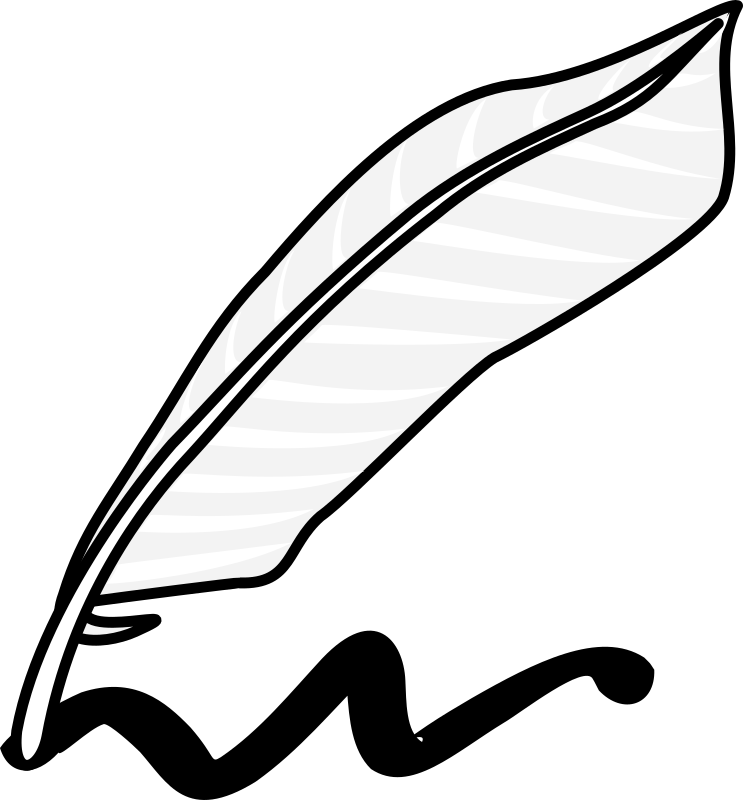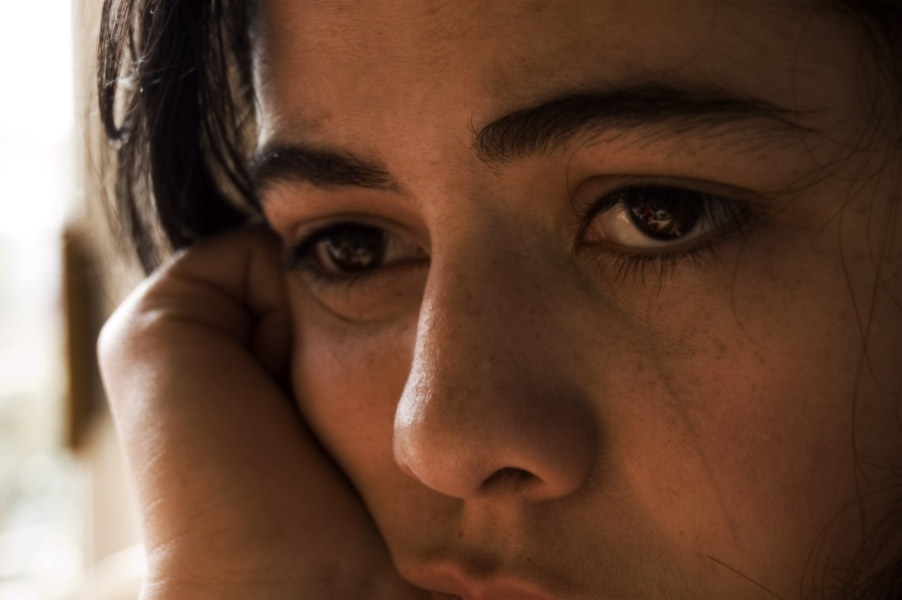As an indie author, you've got to be a bit of a braggart. You've got to shove yourself in other people's faces constantly. If you're shy by nature, that's a big problem. It's one you're going to have to learn how to overcome.
What Worked for Emily Dickinson...
It's not enough for you to write amazing stuff and then keep it all to yourself. Emily Dickinson did it, and it didn't really make her happy. If it had, she wouldn't have written so many poems about death and dying. If you're naturally shy, you have to learn how to pretend not to be. As an indie author, you have to find ways to be extroverted. So you have to find a way to flip your personality.























